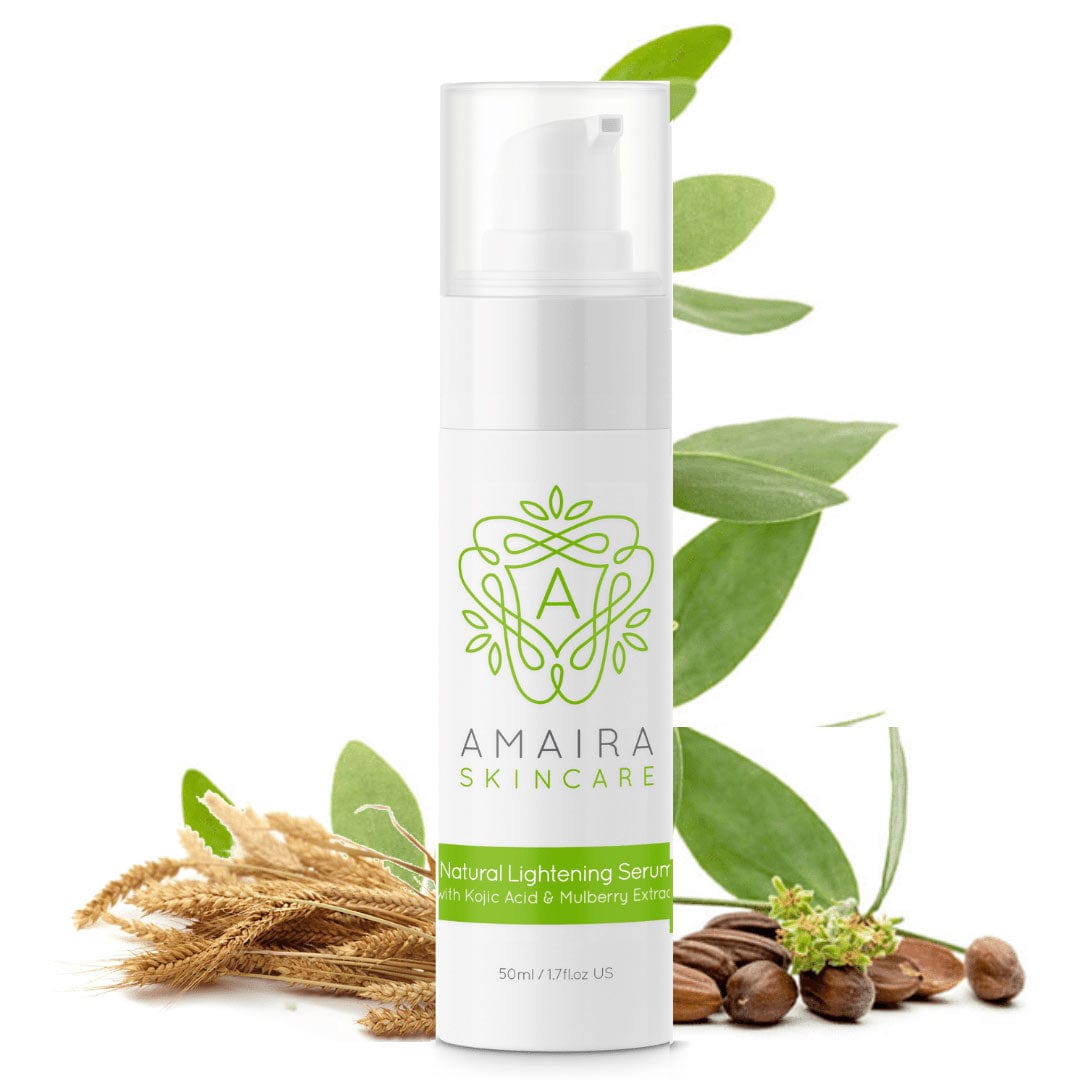If you’ve ever wondered, “Why is my private area dark?” you’re not alone. It’s common for the skin around intimate areas, such as the labia, anus, and scrotum, to darken over time. This darkening, also known as hyperpigmentation, can happen to both men and women. While it’s usually not a cause for concern, many people seek ways to lighten these areas for aesthetic reasons.
What is Hyperpigmentation?
Hyperpigmentation occurs when patches of skin become darker than the normal surrounding skin. It can happen in any part of the body, including intimate areas. The darkened skin can vary in size and can develop anywhere on the body.
What are the Common Causes of a Dark Private Area?
The darkening of the skin in intimate areas, such as the labia, anus, scrotum, and inner thighs, can happen for several reasons. Hormones, age, friction, and other factors all contribute to this condition. Understanding these causes can help you address and possibly prevent further darkening.
- Age: As we age, our skin changes in tone, texture, and color. This includes the skin around intimate areas, which can become darker.
- Sun Exposure: Prolonged exposure to the sun can increase melanin production, leading to darkened areas.
- Hormones: Hormonal changes during puberty, pregnancy, or menopause can increase melanin production, causing the skin in these areas to darken. This is why you might notice a darker private area, especially around the nipples and anus.
- Friction and Inflammation: Friction from tight clothing, exercise, and even walking can cause the skin to darken. Inflammation from shaving or other irritants can also contribute to this issue.
- Poor Ventilation: Areas that are often covered and lack proper ventilation can accumulate moisture, leading to darker skin. Choosing breathable fabrics like cotton can help mitigate this.
- Shaving: Regular shaving can irritate the skin and lead to darkening. Chemicals in shaving creams and frequent hair removal also play a role.
- Sweat: Sweat deposits chemicals and waste products on the skin, which can cause discoloration over time.
- Skin Injuries: Injuries to the skin, including cuts, burns, and inflammatory conditions like acne, can result in post-inflammatory hyperpigmentation.
- Medications: Certain medications, such as chemotherapy drugs, can cause hyperpigmentation as a side effect.
- Genetics: A family history of hyperpigmentation can increase one's likelihood of developing the condition.

How Can You Manage Hyperpigmentation?
Hyperpigmentation is usually harmless. But, many people seek ways to reduce its appearance for cosmetic reasons. Strategies to manage hyperpigmentation include:
- Topical Treatments: Creams containing ingredients like hydroquinone, retinoids, or vitamin C can help lighten dark patches.
- Sun Protection: Using sunscreen to protect the skin from UV rays can prevent further darkening.
- Laser Therapy: In some cases, dermatological procedures like laser therapy can help reduce hyperpigmentation.
Why Is My Anus Area Dark?
The anus area is particularly prone to darkening due to its high-friction environment. Rubbing from clothing, physical activity, or prolonged sitting can lead to more melanin.
This makes skin darker. Also, hormonal changes can trigger hyperpigmentation. These changes happen during puberty, pregnancy, or menopause in this sensitive area.
Various things can damage the skin, such as irritation from hygiene products, infections, or conditions like eczema. They can also darken the skin. While this pigmentation is usually harmless, it can be a cosmetic concern for many individuals.
Can Male Private Parts Become Dark?
Men can also experience darkening of the intimate areas, such as the scrotum and inner thighs. Factors like friction, hormonal changes, and aging are common causes.
Dark Genital Area in Men Could Be a Sign of Penile Melanosis
While darkening of male genitalia is normal for some people, for others, it can be a sign of a condition known as Penile Melanosis. This benign, non-infectious condition is characterized by small black or dark patches on the penis, resulting from melanin deposition in the outer skin layer.
It typically affects the head or shaft of the penis. Although this condition is generally harmless and doesn’t require treatment, awareness of its symptoms and potential complications is important.

Symptoms of Penile Melanosis
Penile Melanosis manifests as hyperpigmented dark skin patches that are:
- Dark black or brown in color
- Less than a centimeter in length
- Commonly seen in individuals aged 15 to 72
- Painless and stable, without bleeding or significant changes over time
When Should You See a Doctor?
Although hyperpigmentation is often benign, it's important to consult a healthcare provider if you notice any sudden or severe changes in skin color, or if the darkening is accompanied by other symptoms like itching, pain, or bleeding. A medical professional can provide a proper diagnosis and recommend appropriate treatments.
Understanding hyperpigmentation in intimate areas can help alleviate concerns and guide individuals toward effective management and treatment options.

Can You Lighten Dark Private Parts Naturally?
If you’re looking for ways to lighten dark private parts naturally, consider these remedies:
- Potato Juice: Apply potato juice to the area for its natural bleaching properties. Leave it on for 10 minutes before rinsing.
- Milk and Orange Peel: Mix milk, rose water, and powdered orange peel into a paste. Apply it to the area, leave for 15 minutes, then rinse. This can help exfoliate and lighten the skin.
- Lemon and Turmeric: Create a paste with lemon juice and turmeric. Apply it to the darkened area, leave for 30 minutes, then wash off. Lemon acts as a natural bleaching agent, while turmeric reduces inflammation.
- Coconut Oil: Massage coconut oil into the darkened area and leave it for 15 minutes before washing off. Coconut oil can moisturize and lighten the skin.
- Tea Tree Oil: Mix a few drops of tea tree oil with water and apply it daily to the affected area. Tea tree oil has natural bleaching and antibacterial properties.

Amaira Skincare’s Natural Products
For those seeking an effective solution, Amaira Skincare’s Natural Lightening Serum offers a safe and natural way to lighten dark or hyperpigmented skin in intimate areas such as the inner thighs, vaginal skin, anus, nipples, scrotum, or penis. This serum uses natural plant extracts and is free from perfumes and harsh chemicals, making it safe for all skin types.
Unlike many skin-bleaching products that contain harsh chemicals like hydroquinone or mercury, Amaira Skincare uses gentle, natural ingredients. This reduces the risk of irritation, burning, or permanent skin damage.
Natural lightening treatments may take time, but they produce long-lasting results and healthier, radiant skin. Both men and women of all skin types can use the Natural Lightening Serum to treat:
- Dark or discolored skin in intimate areas such as the inner thighs, vaginal skin, anus, nipples, scrotum, or penis
- Hyperpigmentation
- Birthmarks and blemishes
- Age spots or liver spots
- Melasma
- Discoloration from skin damage due to acne, surgery, burns, or piercings
Pair this serum with the Brightening Accelerator Wash for the acceleration of lightening products and gentle exfoliation.

Conclusion
Darkening of the private area is a common and natural occurrence. Factors such as age, hormonal changes, friction, and poor ventilation contribute to this condition.
While it’s generally not a cause for concern, you have options to lighten these areas naturally or with products like Amaira Skincare’s Natural Lightening Serum paired with their Brightening Accelerator Wash.
Consistent care and choosing the right products can help you achieve healthier and brighter skin. If you have any concerns about sudden or severe changes, it’s always best to consult a healthcare professional.











